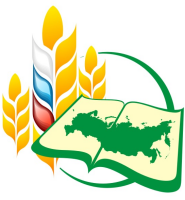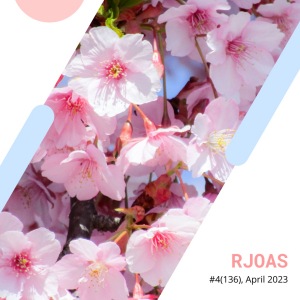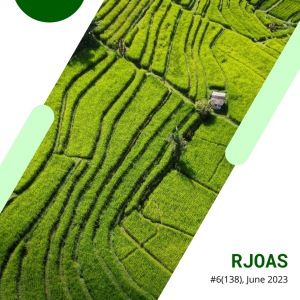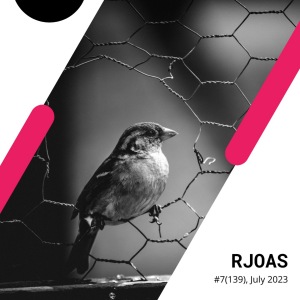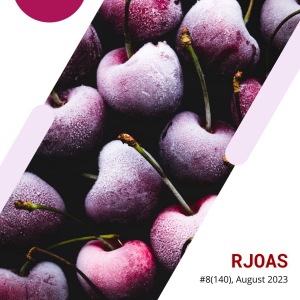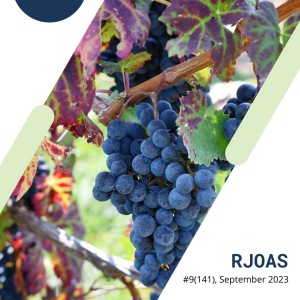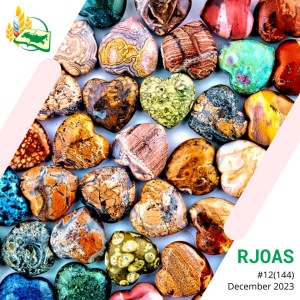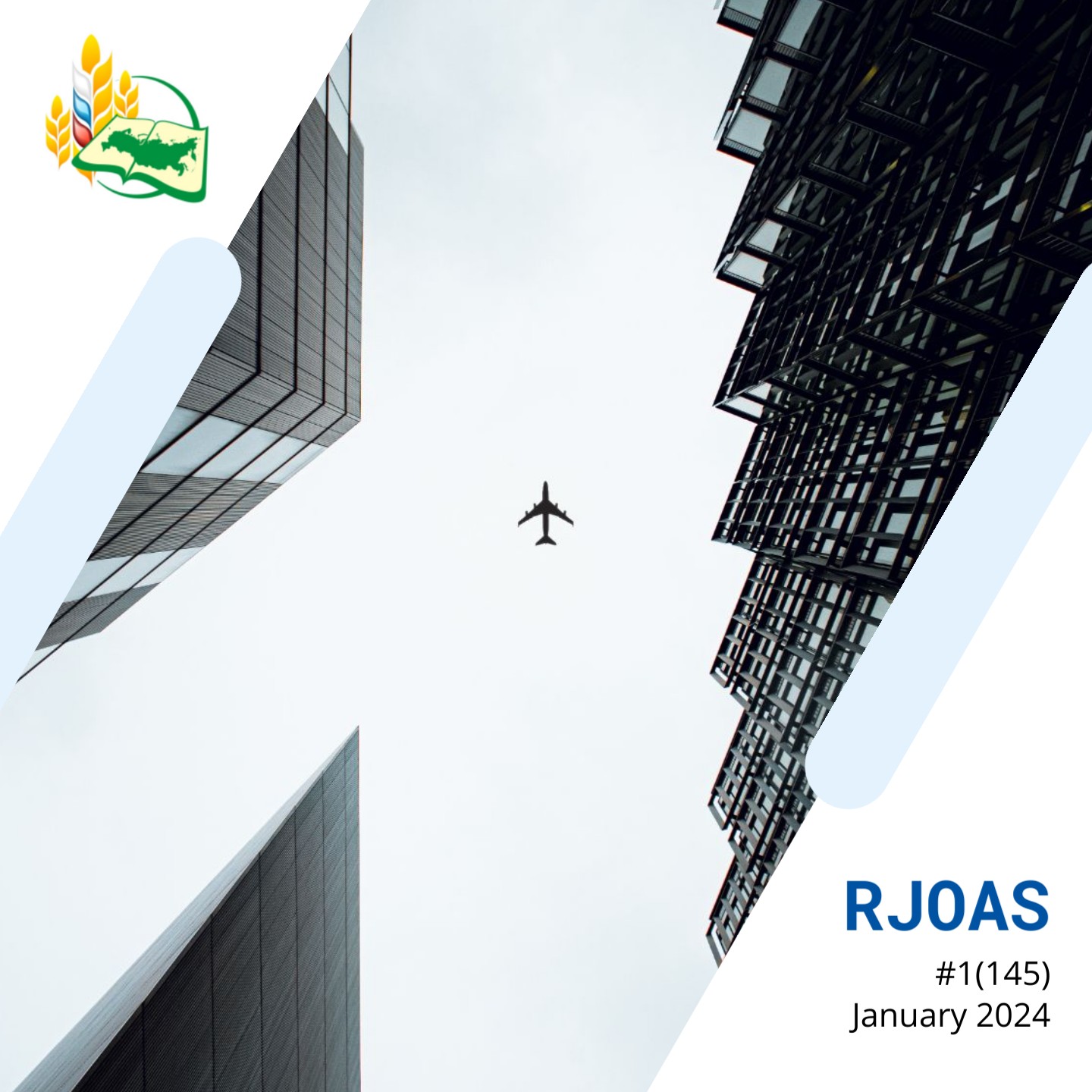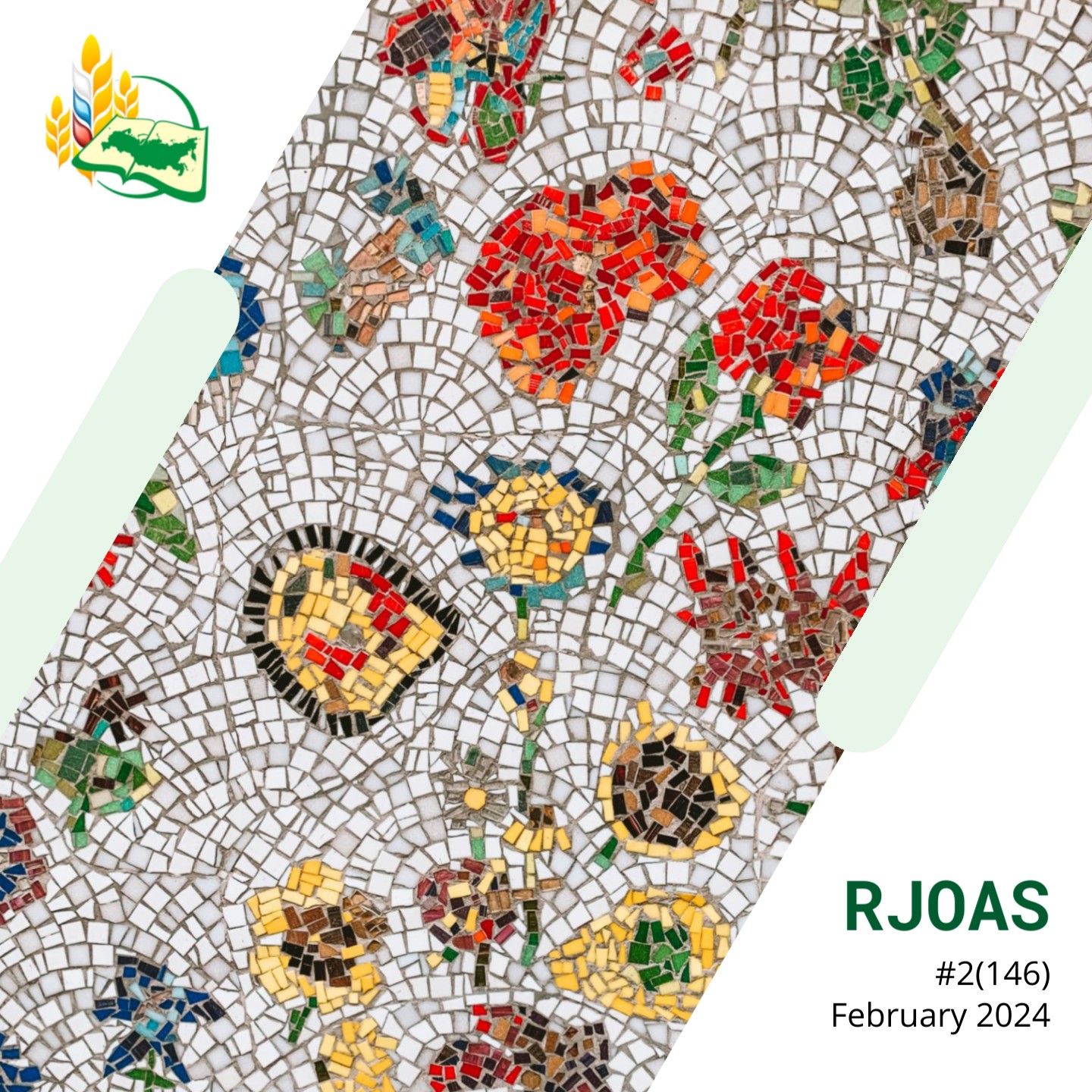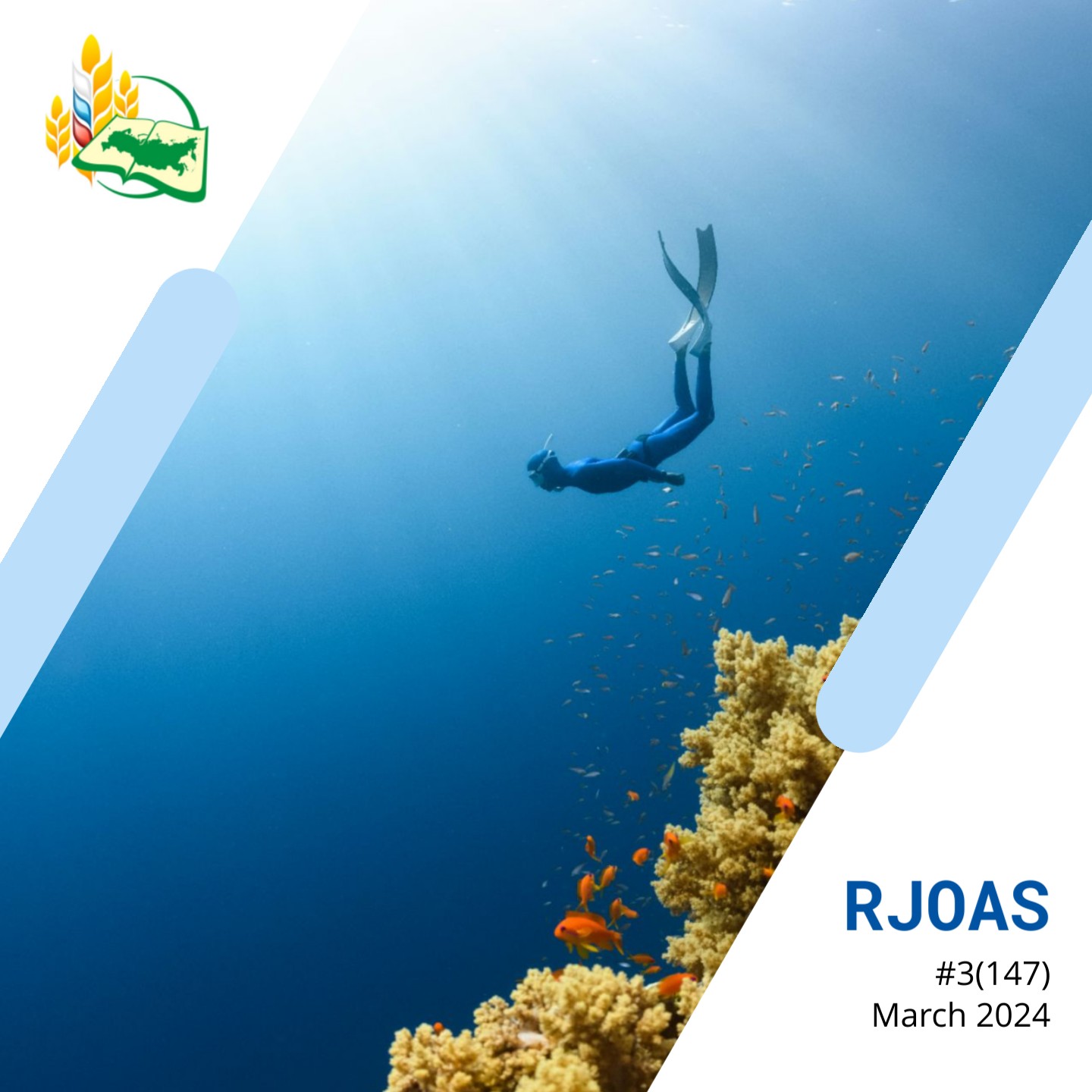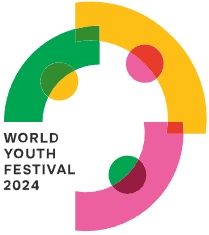ISSUE 10(34), October 2014 |
Pages 3-17
Title
LINKING CHILD HEALTH, MATERNAL LABOUR FORCE PARTICIPATION AND HOUSEHOLD ASSET ENDOWMENTS IN CAMEROON: WHAT THE PEOPLE SAY
Author(s)
Mbu Daniel Tambi*, Aloysius Mom Njong**, Menjo Francis Baye***
Organization(s)
*Department of Agricultural Economics, University of Dschang, Cameroon
**Department of Economics, University of Bamenda, Cameroon
***Department of Economics and Management, University of Yaounde II, Cameroon
Key Words
Cameroon; Child health; Household asset endowment; Maternal labour force; Participation.
Abstract
This paper is targeted objectives: to document the determinants of child health as informed by focus group discussion, to analyze what the people say concerning the relationship between child health and maternal labour force participation, to explore the perception of the people on the effects of child health on asset accumulation and to suggest public policies on the basis of the findings. We used seven focus groups to explore what the people say based on different health domains: access to public goods; inputs to health; benefits from better health; better child health and complementary activities; benefits of maternity leave and better child health, decision making concerning family health. Each focus group was made of eight participants: housewife, traders, farmers, drivers, teachers, technicians, medical personnel and military drawn from different religious groups: catholic, protestant mainline, protestant non-mainline, other protestant, Muslim, systemic and traditional belief. We observed that, parents make used of the extra time accrue to them due to better health for their children and family to do extra work that fetched them money. The increased family income is use to send their children to better schools, carter for their wellbeing as well as to promote asset growth and redistribution, thus, improving economic well-being and reducing poverty. In case of retirement or sudden retrenchment from the labour market, parents make use of the accumulated assets to increase their family income and maintain well-being, hence, reducing the psychological trauma on parents due to poverty. Based on these findings, we recommend that decision makers and actors concern with child health issues should considered, ease and promote child health outcomes. This is a key to narrowing the poverty and inequality gap between the poor and non-poor, rural and urban household residence, married and unmarried, employed and the unemployed, promote maternal labour force participation and household wealth accumulation in Cameroon.
CrossRef DOI













